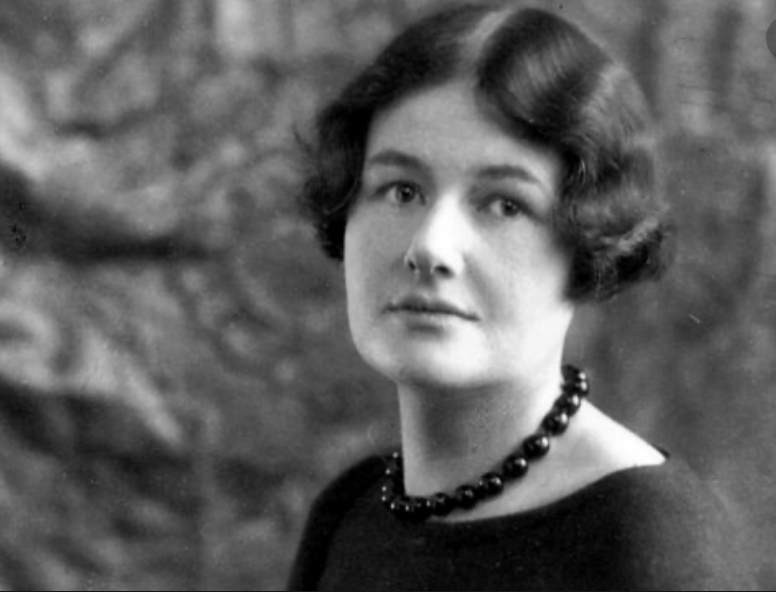Artist Spotlight: Composer Rebecca Clarke

Rebecca Clarke: A Trailblazer in Music
Rebecca Clarke (1886–1979) was a pioneering composer and violist who defied the gender norms of the Victorian era to establish herself in the world of classical music. At a time when professional musicianship—especially composition—was considered a male domain, Clarke’s talent and determination allowed her to carve out a remarkable career. Today, she stands as an enduring symbol of resilience and artistry, proving that life’s greatest struggles can often give rise to its greatest triumphs.
A Composer and Performer of Extraordinary Talent
In addition to her acclaimed career as a violist, one of Clarke’s proudest achievements was the recognition of her Viola Sonata in a 1919 composition competition sponsored by American patron Elizabeth Sprague Coolidge. The piece tied for first place—a remarkable feat that secured her international recognition. However, Clarke’s career as a composer was not without obstacles. Over the course of her life, she wrote more than 100 compositions, yet only about 20 were published.
Her legacy remains a bridge between the Romantic and Modern music periods, and her works continue to captivate audiences with their emotional depth, intricate harmonies, and bold sonorities.
The Emotional Power of Her Music
Clarke’s deep emotional connection to music was evident from a young age. She recounted an early experience where she was so moved by a piece she played with her parents that she began crying mid-performance. This visceral reaction to music foreshadowed the intense expressiveness of her later compositions, which often carried themes of longing, introspection, and resilience.
Her works were strongly influenced by the Impressionist movement, particularly composers such as Claude Debussy and Maurice Ravel, as well as the English pastoral tradition seen in works by Ralph Vaughan Williams. Her compositions often feature lush harmonies, sweeping melodic lines, and intricate textures that showcase her mastery of both instrumental and vocal writing.
Overcoming Gender Barriers
One of the most fascinating aspects of Clarke’s career was the skepticism she faced as a female composer. Following the success of her Viola Sonata, rumors circulated that she had not actually written it herself. Some critics claimed it must have been composed by a man using a pseudonym, as they found it hard to believe a woman could produce such a sophisticated and powerful work. Clarke found these accusations both frustrating and amusing, even recalling that one newspaper had suggested she didn’t exist at all!
In a 1976 interview, she laughed about the absurdity of the claims:
“The funniest of all was that I had a clipping once which said that I didn’t exist, there wasn’t any such person as Rebecca Clarke, that it was a pseudonym.”
Ironically, she pointed out that if a male composer were to use a pseudonym, it would be highly unlikely for them to choose a woman’s name—which should have been proof enough that she was indeed the true author of her compositions.
A Lasting Influence
Rebecca Clarke’s legacy is one of passion, perseverance, and artistic excellence. Her compositions continue to inspire musicians, including award-winning violist Richard O’Neil. Her story serves as a testament to the challenges and triumphs of women in classical music. As more of her works are rediscovered and performed, her place in history as one of the most remarkable violists and composers of her time becomes increasingly undeniable.
